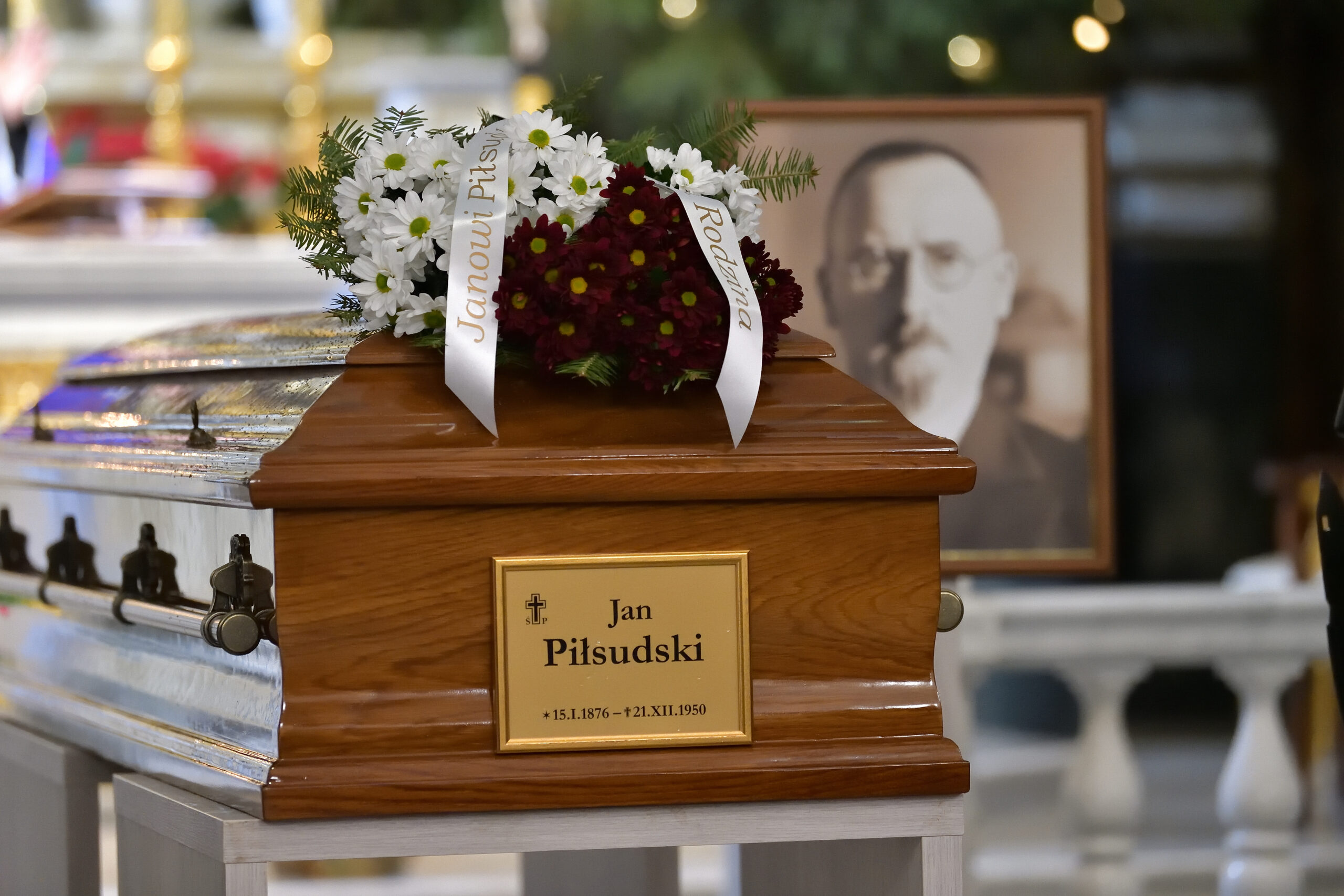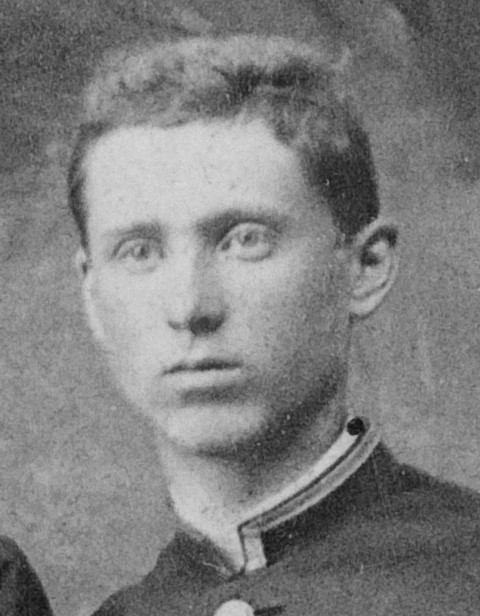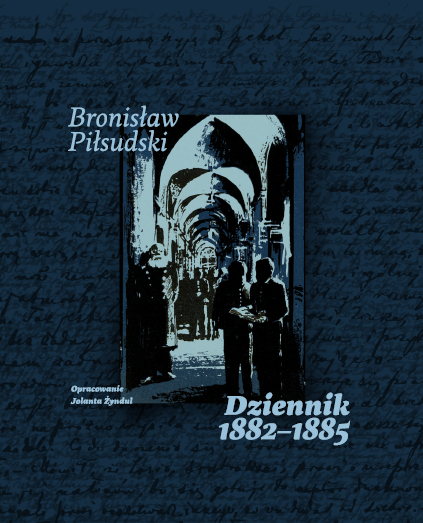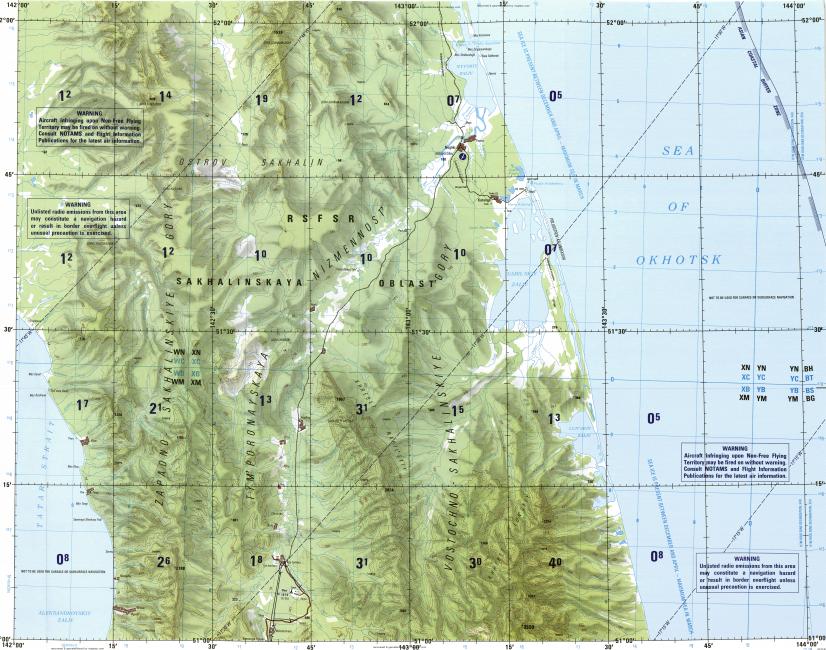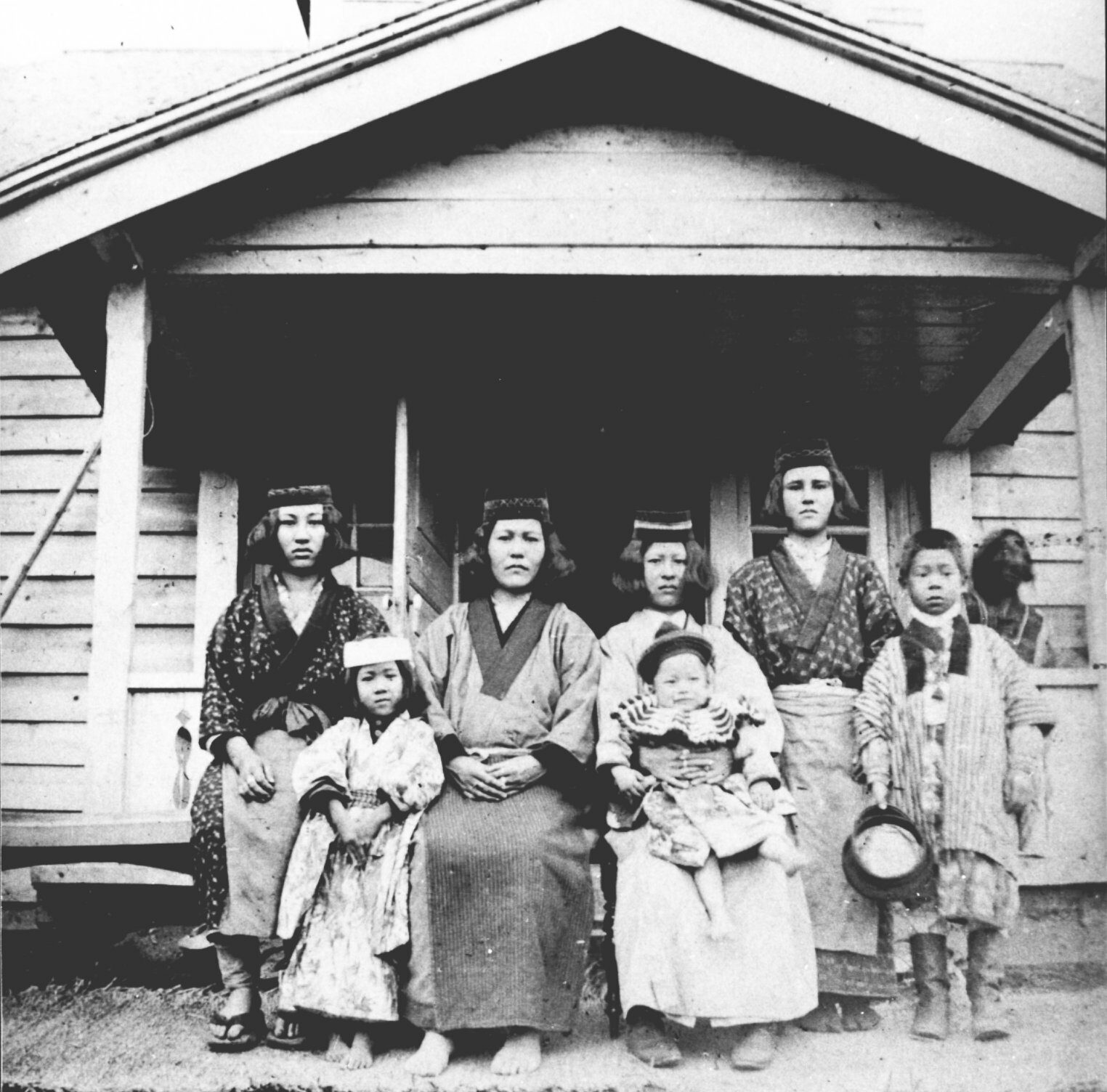
News
Bringing Jan Piłsudski’s ashes to Poland
News
On the initiative of the state authorities of the Republic of Poland and the Aid to Poles in the East Foundation, more than 70 years after the death of Jan Piłsudski, his ashes were laid to rest in the family grave in the Old Powązki Cemetery in Warszawa.
On 24 January 2024, a solemn mass was celebrated in the St. Karol Boromeusz Church. On the grave were laid wreaths and bouquets from the Family, the Prime Minister and the Aid to Poles in the East Foundation, the Institute of National Remembrance and the Józef Piłsudski Museum in Sulejówek.

Bronisław’s younger brother was born on 15 January 1876 in Wilno. He attended the First Gymnasium, but finally got his high school diploma in Lipawa. Later, he studied at Moscow University, from which he was expelled for his participation in a Polish student organization. By necessity, he graduated in law from the provincial university in Kazan. In the years 1909-1915, he was the chief accountant in the City Board of Wilno, participating in obtaining a municipal bond loan in Great Britain for the construction of water supply and sewage systems in the city. Three years later, he became a member of the Provisional Governing Commission in Wilno, and then – already in independent Poland – an official in the Ministry of Labour and Social Welfare in Warszawa. From 1920, he was a judge in the District Court, and then in the Court of Appeal in Wilno. In 1922, he became a member of the State Union in the Eastern Borderlands and a deputy to the Sejm of Central Lithuania that adopted a resolution on the unification of the region of Wilno with the Republic of Poland. In the years 1928–1931, he was a deputy to the Sejm representing the Nonpartisan Block for Cooperation with the Government. Following the resignation of the fifth government of Kazimierz Bartel in March 1930, he was appointed Prime Minister, but resigned in favor of Walery Sławek. For the next year, Jan Piłsudski held the position of Deputy Speaker of the Sejm. From 27 May 1931 to 6 September 1932, he served as Minister of Treasury in the government of Aleksander Prystor, and in the years 1932–1937 was the Vice-President of the Bank of Poland. Entrusting him the position of the Minister of the State Treasury during the great world economic crisis was a conscious decision of Józef Piłsudski, who was against the inflationary policy that have ruined savings and finances of the state and citizens. Jan Piłsudski – the Marshal’s brother – was a guarantee to public opinion that the state would not pursue a pro-inflationary policy. It was then that Julian Tuwim wrote the famous epigram for the “Qui pro quo” show, Brothers:
A brother called his brother, and said to him:
“To establish order, you’ll handle finances.”
Out of a sudden, his brother fell from his chair and groaned: “What? Finances!”
“Yes,” said the brother to his brother” having just finished his three solitaires.
But his brother did not say ‘no’. On the contrary, he looked briskly
And went on the Rymarska Street to establish order.
And when his brother was leaving, the brother muttered contentedly:
“My brother – he’s a good brother, since I wouldn’t agree.” [Literal translation]
In addition, Jan was active as a member of the Development of the Eastern Territories Association authorities and the founder of the National and State Union. “For outstanding service to the State”, he was awarded the Grand Ribbon of the Order of Polonia Restituta, the Commander’s Cross of the Order of Polonia Restituta and the Cross of Independence.
After the Soviet Union’s aggression against Poland on 17 September 1939, he was arrested by the NKVD in Wilno and deported to Lubyanka in Moscow. Set free in the summer of 1941, as a result of the Sikorski-Mayski Agreement, he suffered hunger and deprivation along with thousands of Polish exiles released from prisons and gulags. Following the evacuation from the Soviet Union, he became popular as a person organizing and providing help to his compatriots. After arriving in Great Britain, he joined the movement of independence activities of the Polish war emigration. He remained in exile, where he died of a heart attack in a Polish hospital in Penley (Wales) on 21 December 1950. He was buried in the cemetery in Wrexham, and after over seventy years, was laid in the family grave in Poland.

Based on:
Grzegorz Nowik, Bringing the ashes of Jan Piłsudski to Poland, Bulletin of the Józef Piłsudski Museum in Sulejówek, January-March 2024, pp.4-5

